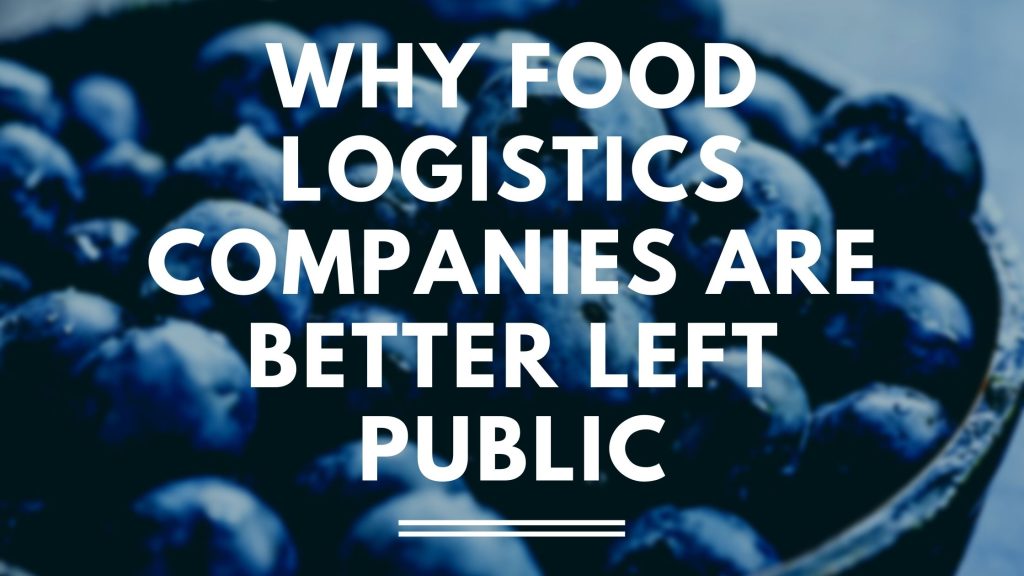“People ask me what is the difference of investing in a company through ECF and directly into a company. It’s quite the same, except with ECF, you can invest in small amounts and then repeat that with different companies to diversify your investments,” says Shafie.
But the truth is, awareness about ECF is still low, not just among retail investors but also SMEs. Many companies don’t know this exists as an alternative form of fundraising.
“Oftentimes, they’re skeptical towards this model because they have had bad experiences in dealing with small shareholders and have the perception that it would be troublesome to be answerable to many shareholders,” says Shahab Yarmohammadi, an angel investor based in Malaysia.
If I were to give only one advice to the directors/founders of the startups, it would be to feel free to ask for help from their investors, whether in promoting/supporting the business or in making introductions. Some do in fact but most don’t.
SHAHAB YARMOHAMMADI, MALAYSIA-BASED ANGEL INVESTOR
SC Malaysia addressed this issue in early 2015 by requiring ECF platform operators to set up trust accounts to safeguard the funds raised by each company. As trustee or nominee, an ECF platform operator could serve as the middleman between companies and its shareholders.
Investors, thus, need to watch out for the terms and conditions in the nominee agreement. Especially since they may not directly hold the shares in an issuer.
“For instance, an investor should see if the nominee has any board seat representation or any veto rights in the issuer. Especially when the issuer decides to cease its business,” says Izwan Zakaria, managing partner of Izwan & Partners, which focuses on advising tech startups, social enterprises and non-profit organisations.
“The nominee agreement also provides/defines the relationship between the investor and the ECF platform’s nominee or trust entity, being the ‘representative’ of the investor in the issuer,” Zakaria adds.
Why Food Logistics Companies are Better Left Public
Yarmohammadi, who started investing in ECF back in 2016, says he has invested in 30 ECF campaigns to date, of which four have been exited. Of the four exits, one of the companies has filed for bankruptcy and is in the liquidation process. He might get some of his money back from said company but that might take a few years.
“It was surprising to me that this company promised investors guaranteed returns, because to me, ECF investments are very high-risk. In hindsight, that should’ve been a red flag,” he recalls.
Yarmohammadi says it is crucial to educate investors. Let them know they might lose all their investments.
“There’s definitely a need to promote ECF investment as an alternative asset class. It can boost the economy in a great way and give exposure to retail investors in ways that were not possible before. Many [investors] do not know of the existence of ECF markets and hence are missing out on so many great opportunities.
SHAHAB YARMOHAMMADI, MALAYSIA-BASED ANGEL INVESTOR
Another retail investor who wishes not to be identified said he is sometimes sceptical about the high valuations of companies, and thinks that ECF platform operators need to improve on the curation of ECF campaigns.
